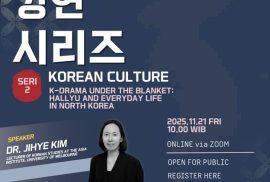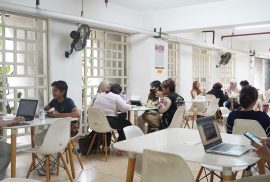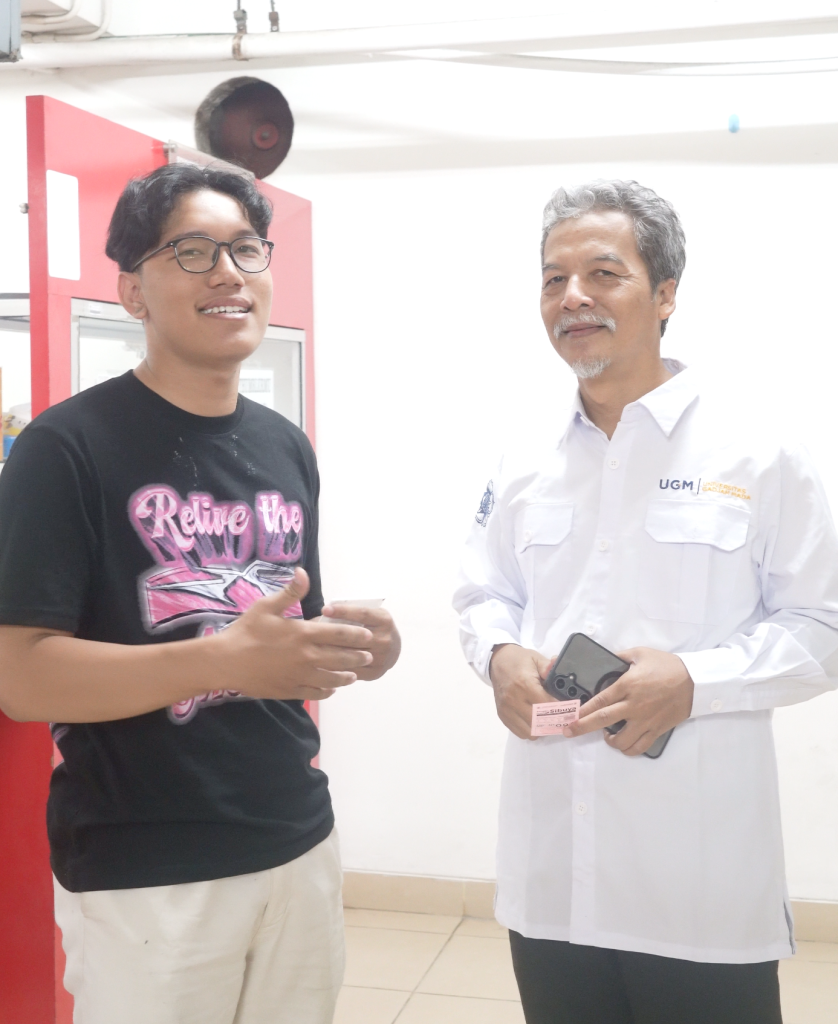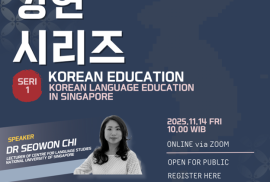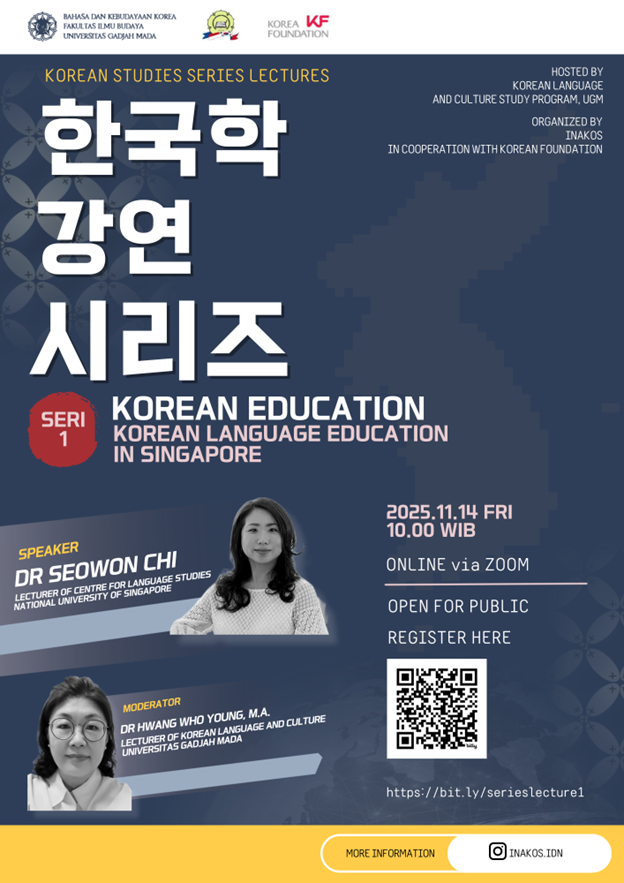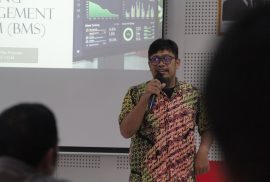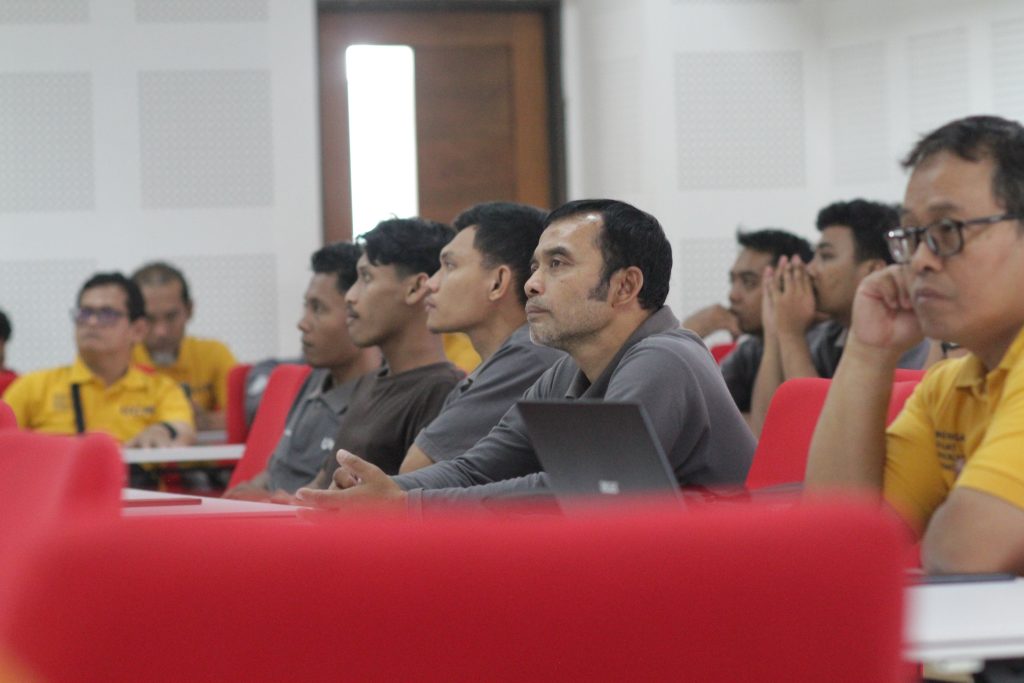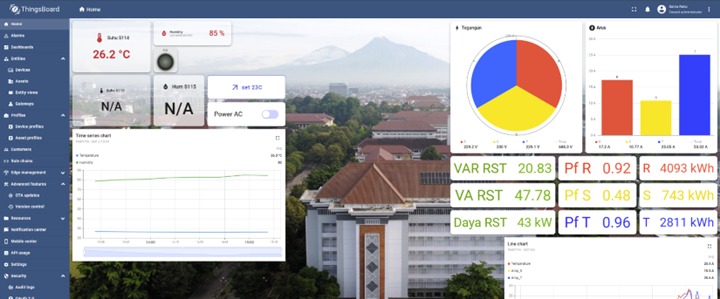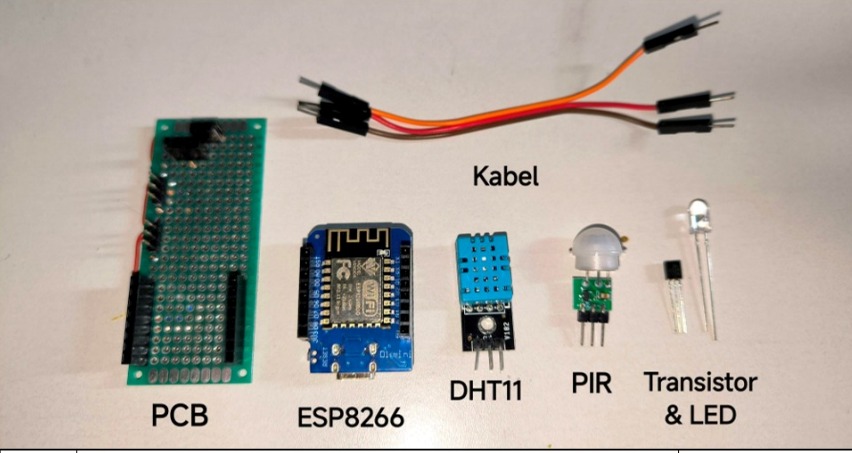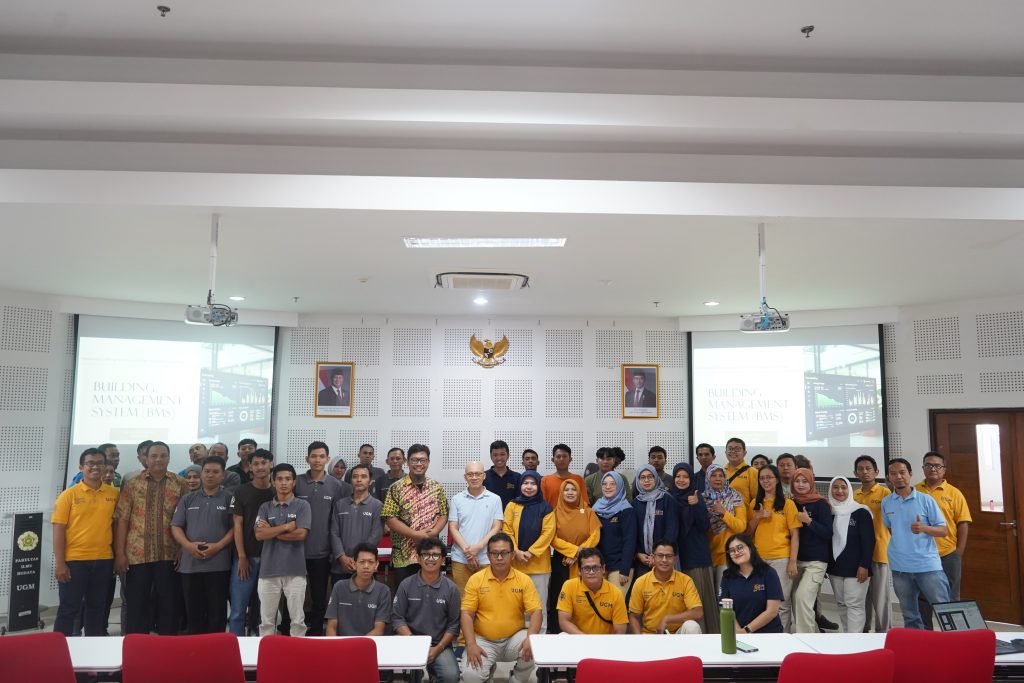Yogyakarta, 21 November 2025 — INAKOS, in collaboration with the Korean Language and Culture Program at Universitas Gadjah Mada and supported by grant funding from the Korea Foundation, continued its online Korean Studies Series Lectures with the second installment of the program. The lecture, held on 21 November 2025 via Zoom, featured Dr. Kim Jihye from the University of Melbourne, who presented a talk titled “K-drama Under the Blanket: Hallyu and Everyday Life in South Korea.”
During the one-hour session, Dr. Kim delivered an English-language presentation explaining how modern South Korean cultural content—particularly Korean dramas (K-dramas)—circulates in North Korea through smuggling networks. Despite strict governmental bans on South Korean cultural media, many North Korean citizens continue to access and watch K-dramas as part of their daily lives.
The lecture was attended by more than 70 participants and moderated by Alfiana Amrin Rosyadi, S.S., M.A., a lecturer in the Korean Language and Culture Program, Faculty of Cultural Sciences, UGM. Throughout the session, participants actively engaged in the discussion and had opportunities to ask questions directly to the speaker.
Through the continuation of this second lecture series, INAKOS and the Korean Language and Culture Program at UGM reaffirm their commitment to expanding academic collaboration and strengthening platforms for knowledge exchange. In the future, the organizers hope to offer more public lectures and further collaborative initiatives.
Written by : Alfiana Amrin R
Edited by : Eunike Serafia N.S

